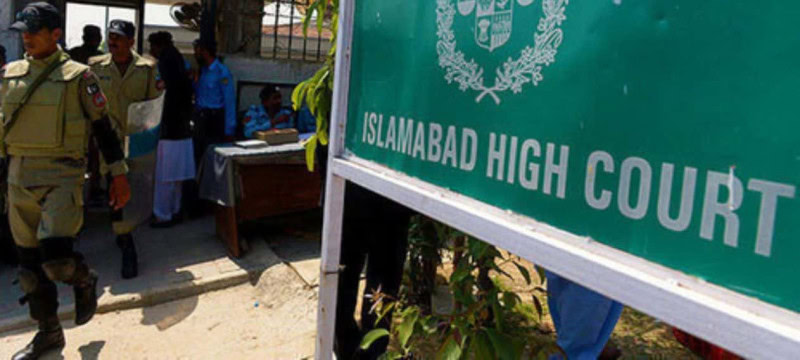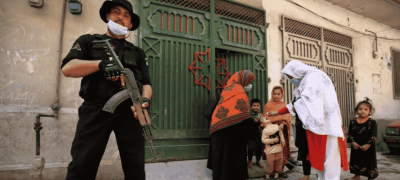The Islamabad High Court (IHC) expressed astonishment on Saturday, noting that no law enforcement or intelligence agency possessed the capability to trace the source of audio leaks. This observation came in a seven-page order issued in response to petitions from Bushra Bibi, wife of Pakistan Tehreek-e-Insaf (PTI) leader Imran Khan, and Najam Us Saqib, son of former Chief Justice Saqib Nisar, who both sought relief after their private conversations were leaked.
In April, Najam’s audio was leaked, and in November, Bushra’s conversation went viral on social media. Both individuals approached the high court separately, with their pleas later combined due to similarities. During the proceedings, Attorney General for Pakistan Mansoor Usman Awan informed the IHC that no law enforcement or intelligence agency was authorized to intercept or record telephone calls. He emphasized the importance of upholding the right to privacy for all citizens and protecting their private phone conversations.
The order revealed that the Federal Investigation Agency (FIA) had written to various social media platforms seeking information to identify the source of the illegally recorded calls. However, it was highlighted that even Pakistan’s intelligence agency, Inter-Services Intelligence (ISI), lacked the technological capacity to ascertain the source of information released on social media platforms.
Read more:Zaka Ashrafs alleged audio leak about Babar Azams Captaincy
Consequently, the IHC directed the Intelligence Bureau to conduct an inquiry to identify social media accounts used for releasing and circulating the illegally recorded voice calls. The court also sought reports from mobile and fixed-line service providers on how Lawful Intercepts (LI) requirements work in practice.
Furthermore, the Pakistan Telecommunication Authority (PTA) was instructed to provide a list of all mobile operators in the country, and the Pakistan Broadcasters Association (PBA) and All Pakistan Newspaper Society (APNS) were asked to provide insights on the media industry’s stance regarding the broadcast and publication of illegally recorded private conversations.
In seeking assistance from senior journalists, the court aimed to explore the balance between citizens’ right to freedom of speech and information against an individual’s right to dignity when private conversations are acquired through illegal means.









